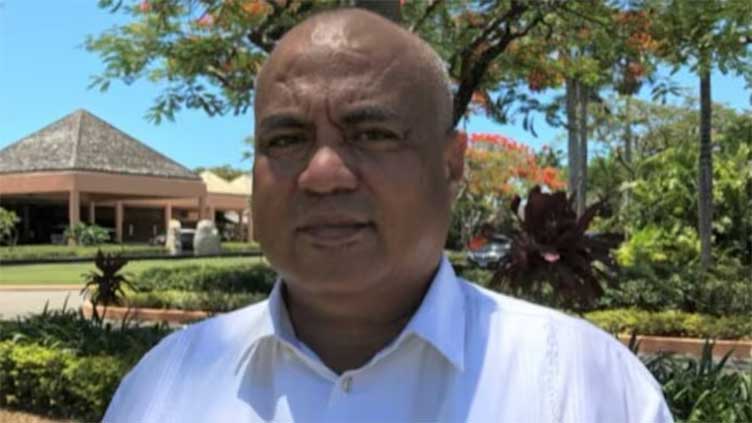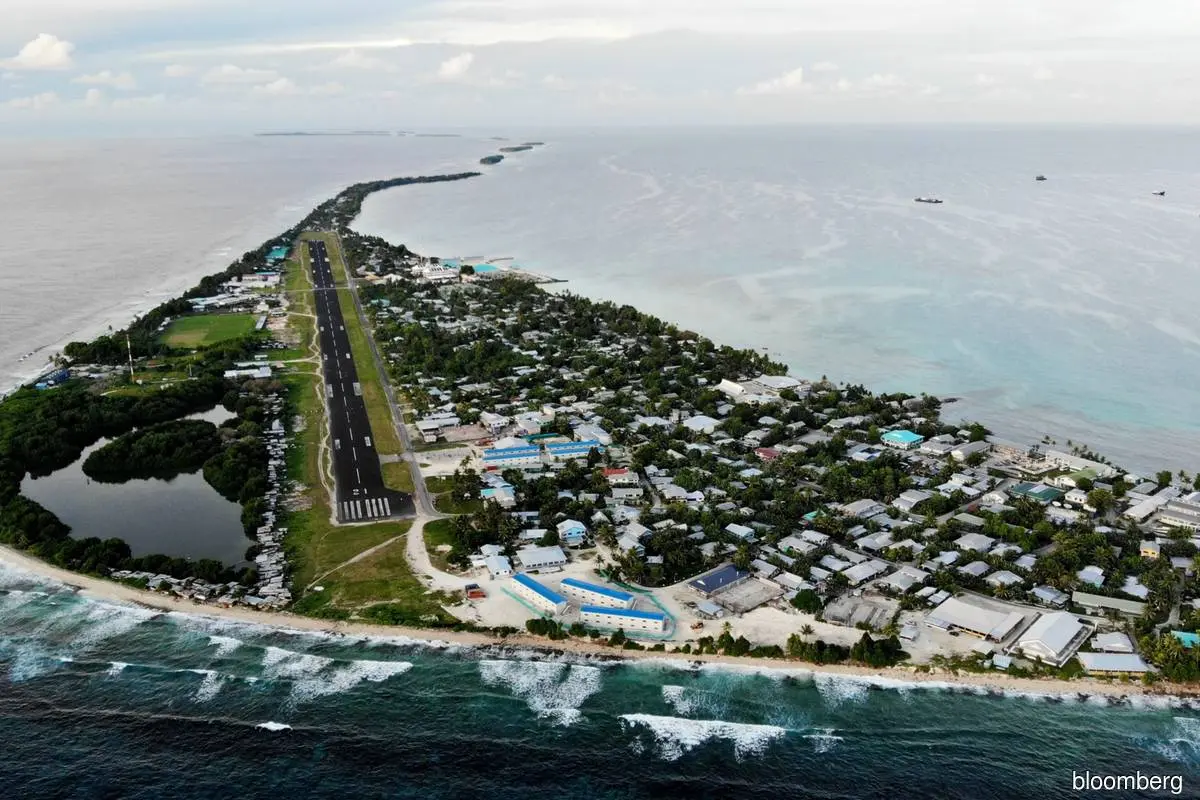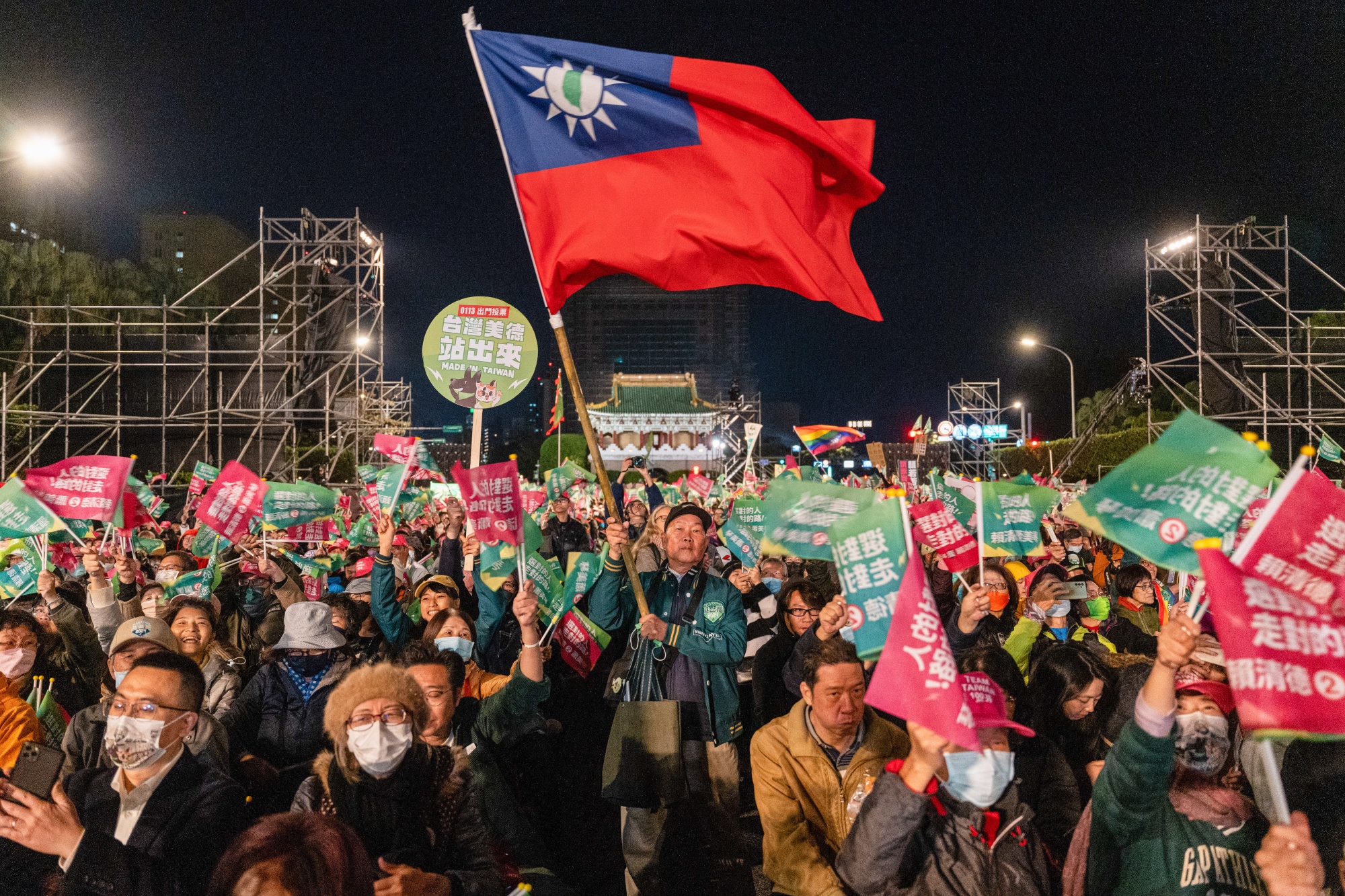Tuvaluan lawmakers have appointed former Attorney General Feleti Teo as the nation’s new prime minister, weeks after a general election that highlighted the nation’s strained relations with Taiwan.
The government stated in a statement that Teo was proclaimed elected without a vote and was the only candidate nominated by his 15 legislative colleagues.
Later this week, Teo and his administration will be sworn in during the swearing-in ceremony.
Teo was appointed prime minister on January 26, following the defeat of his pro-Taiwan predecessor, Kausea Natano, in the January 26 election.
Natano had hoped that Tuvalu, which is home to an estimated 11,200 people, would continue to be among the select 12 nations maintaining official diplomatic relations with Taiwan, the self-governing island claimed by China as its own territory.
Considered a leadership candidate, Natano’s former finance minister, Seve Paeniu, had stated that the new government should deliberate on whether to recognize Taiwan or China diplomatically.
In light of the fact that Nauru, a neighbouring country of Tuvalu, had recently severed diplomatic ties with Taipei in favour of Beijing, which had pledged additional development assistance, the remarks caused concern in Taiwan.
Additionally, some legislators in Tuvalu had advocated for a reassessment of a comprehensive defence and migration agreement concluded with Australia in November. The agreement allows Canberra to evaluate cooperation between Tuvalu and other nations in areas such as telecommunications, law enforcement, and port operations in exchange for a defence guarantee and the option for citizens concerned about rising seas to migrate to Australia.
The agreement was seen as an effort to limit China’s growing influence as an infrastructure provider in the Pacific Islands.
Regarding relations with Taiwan and the Australian security and migration pact, Teo has not disclosed his stance.
Teo, who was educated in New Zealand and Australia, served as the inaugural attorney general of Tuvalu. He has extensive senior management experience in the fisheries sector, which is the region’s most significant revenue source.
Simon Kofe, a lawmaker from Tuvalu, celebrated Teo’s success on social media.
He stated, “This is the first time in our nation’s history that a prime minister has been nominated without opposition.”
The appointment of the new prime minister was further delayed due to ongoing inclement weather, which prevented several legislators from reaching the capital and left them stranded on the nation’s outer islands.
Assistant Professor in Pacific Studies at California State University, Jess Marinaccio, told AFP that it is too soon to determine whether Tuvalu will maintain diplomatic relations with Taiwan.
However, she stated that international relations would be a top priority for Teo’s new administration.
“It will undoubtedly be a topic of conversation. High commissioners and ambassadors must also be selected, so Taiwan will be represented,” she added.
“Alongside climate change and telecommunications, it will be a top priority due to the inadequate coverage in Tuvalu.”





